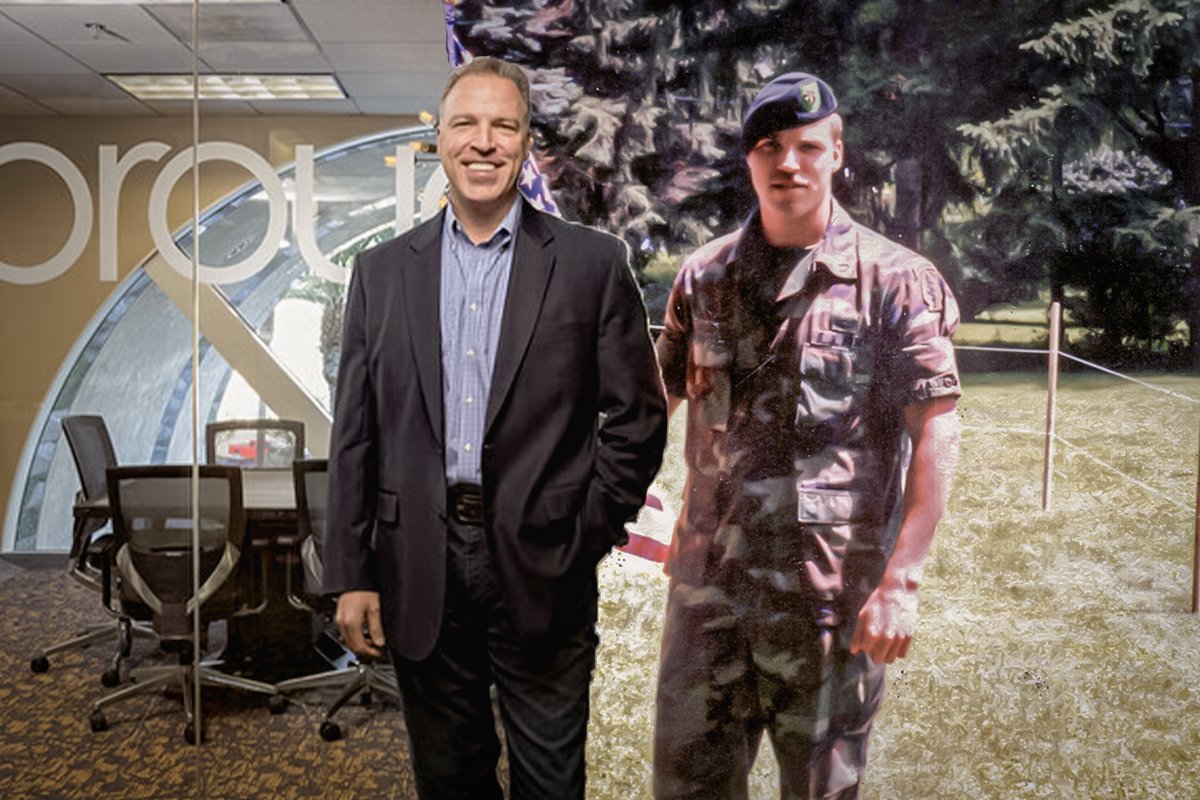
COVID-19 has had a major impact on the U.S. and world economies. Many small, independently owned businesses have had to reevaluate how they operate during this trying time. So it’s not surprising that many veteran-owned businesses are also reeling and struggling to remain afloat.
Broughton Hotels, owned by U.S. Army Special Forces veteran Larry Broughton, operates 10 boutique hotel properties — six in California and four in Chicago. The company doesn’t own the properties but provides the staff to run them. Business was good for the hotelier — great, in fact. In 2019, they had a record year, both in terms of revenue and guest satisfaction scores.
But the COVID-19 global pandemic, along with its subsequent shelter-in-place mandates, travel bans, and business closures, has changed everything. While mid- and long-term growth strategies look bright, the abrupt plunge to zero revenue combined with the immediate need to cover payroll expenses may push the company toward the brink of insolvency.
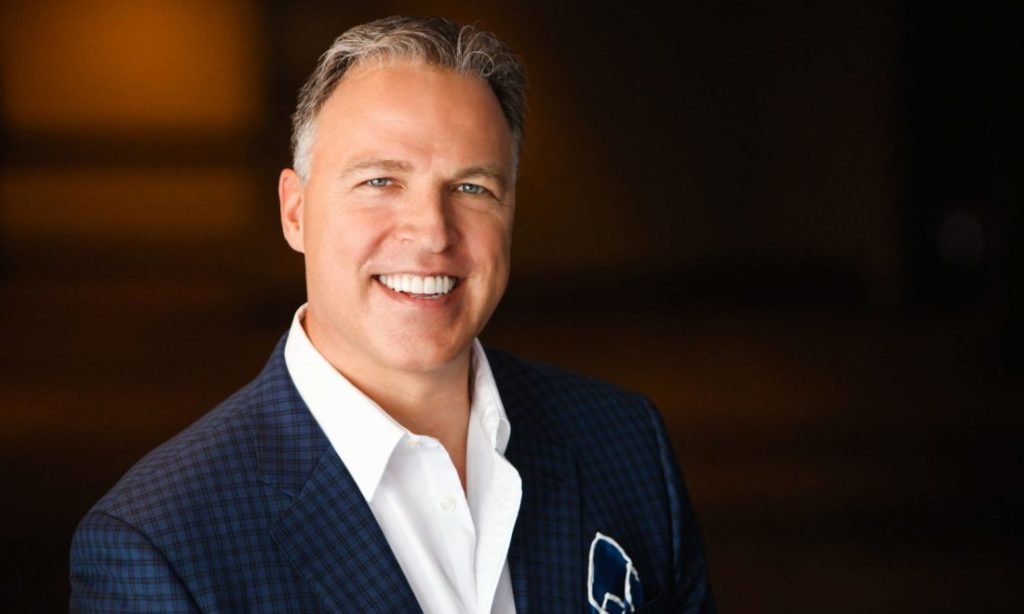
While many businesses didn’t feel the economic impact of the COVID-19 lockdown until early March, the hotel and travel industries started feeling the pain a month or two prior. To add insult to injury, the pandemic hit just as Broughton Hotels was coming out of its cyclical slow season, so cash reserves were low. As a former Green Beret who spent 8.5 years on an Operational Detachment – Alpha (ODA), split between the 10th and 12th Special Forces Groups, Broughton has faced plenty of challenges in his career, but this was something he was not prepared for.
Uninformed bystanders might think that businesses that don’t withstand the COVID-19 interruption were destined to fail anyway. Broughton pointed out that it’s one thing to respond to an economic downturn but nearly impossible to plan for a total shutdown.
“Even under the most dire economic forecast we wouldn’t have budgeted for zero percent revenue,” he said during a recent phone interview with Coffee or Die. “In our personal lives we don’t have a cash reserve of three to six months, let alone our businesses.”
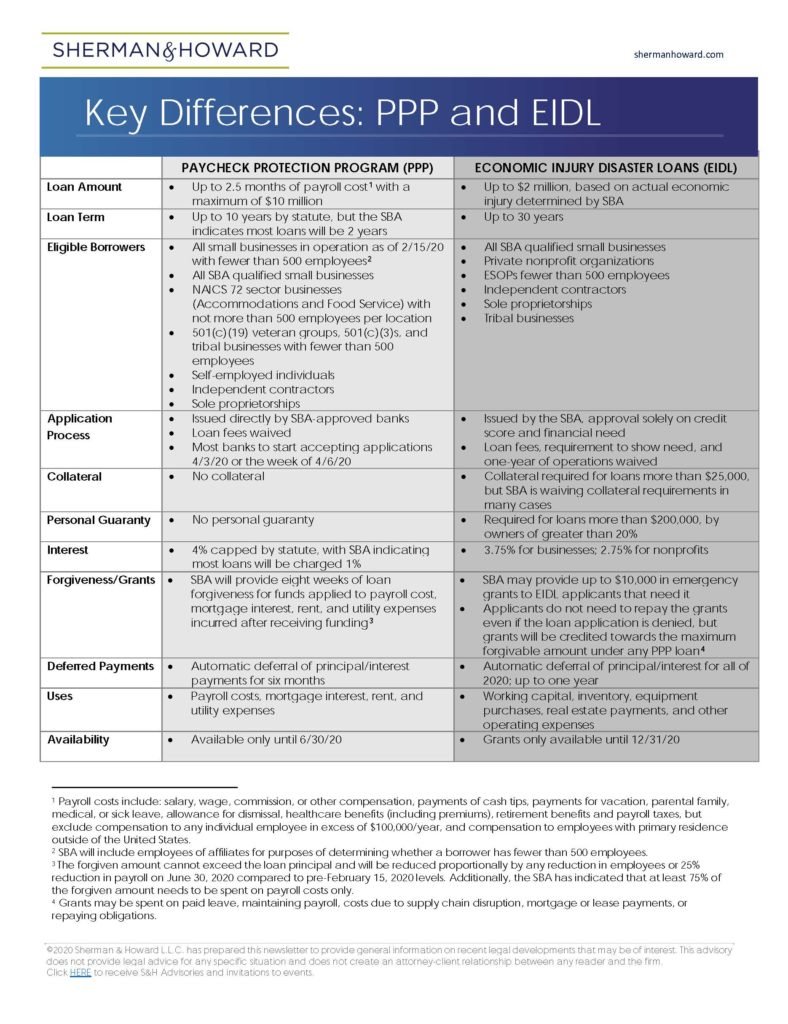
Another misconception is that the CARES Act, passed by Congress last month, has provided the lifeline needed for companies to survive. Theoretically, CARES makes two low-interest loan programs available to companies that have been hurt by COVID. The Paycheck Protection Program (PPP) loans offer 2.5 months of payroll expenses (up to $25 million); and Economic Injury Disaster Loans (EIDL) provide up to $2 million based on the level of injury as determined by the Small Business Administration (SBA).
“All of [these programs], while well-meaning, are not going to get to most business owners in time,” said Broughton. “Particularly with the PPP program that went into effect [on April 3], many banks have decided they are not even going to collect applications because there’s so much confusion about how they will be indemnified or protected from fraud […]. Our commercial bank told us they received 2,000 applications last week and don’t have the people required to deal with them. It takes several hours to process each application. It then sits in a queue for a few weeks while it’s reviewed and approved, and it’s another two to three weeks before the loan is funded.”
In the best-case scenario, the process should take five to six weeks. According to Broughton, his peers in the business community have been told to expect waiting periods of eight to 10 weeks — or longer. During a recent conversation with a representative from the Small Business Administration, Broughton was told that the COVID-19 situation was eerily reminiscent of the aftermath of Hurricane Katrina, when the SBA received 250,000 applications for relief, but it took 18 months before many victims received their checks.

“We’ve already been through more than a month of this,” Broughton said. “If we have to wait another five months before we can get the life raft the government is trying to throw us, most businesses aren’t going to make it. They’ll drown before they can swim to it. I don’t have much sympathy for somebody who is doing a bad job running their business, grinding down their people, providing poor customer service […], they ought to go under. But knowing many good, hardened business owners have sacrificed everything to become an entrepreneur only to have the rug ripped out from under them due to no fault of their own is absolutely heartbreaking.”
When he’s not running his hotel business, Broughton teaches leadership classes and mentors other entrepreneurs at the Institute for Veterans and Military Families (IVMF), an extension of Syracuse University in New York. The IVMF works with veterans and active-duty military spouses to teach them how to thrive as entrepreneurs in the private sector. The organization also conducts valuable research and partners with local communities to enhance service delivery for the 22.5 million U.S. veterans and their families.
Misty Fox, the IVMF’s director of entrepreneurship, said that it’s too early to determine the long-term effects the COVID-19 pandemic will have on the veteran business community at large. “You see some companies shuttering already, or within a few days of going out of business,” she said. “The average business only has 27 days of cash on hand, and we’re already a month into [this crisis].”
“But knowing many good, hardened business owners have sacrificed everything to become an entrepreneur only to have the rug ripped out from under them due to no fault of their own is absolutely heartbreaking.”
Since Broughton Hotels has had to furlough and lay off employees, Broughton said the most difficult part has been trying to convince his team that these measures are not a reflection on them. “To see the tears and fear in their eyes is hard,” he said. “So many people have their self-worth tied to what they do for a living — right or wrong, they do it. [My people have even asked] if they are being punished by a divine entity.”
Broughton is also concerned that business owners and their employees, particularly those who are veterans, will become depressed. “I have to be real,” he said, “people are going to take their own lives. Some already have. We all know that veterans already have a propensity to go out with a flare. I’ve had a dozen veteran entrepreneurs reach out to me and tell me not to do something stupid. ‘Like what?’ I asked. ‘Like don’t kill yourself,’ they answered. I mean, we have to talk to each other that directly.”
However, the outlook is not entirely doom and gloom — some companies have found new and innovative ways to stay afloat and keep employees working. “The IVMF has graduates on the other end of the spectrum that have booked over a million dollars in business over the past three weeks,” Fox continued. “It’s important to recognize this isn’t a ‘we were in quarantine, then we weren’t, and the world is back to normal’ type thing. There is going to be a new normal. Companies have to start thinking about what their customer looks like in this new normal. When is it appropriate to reengage these customers? And what are the new opportunities out there?”
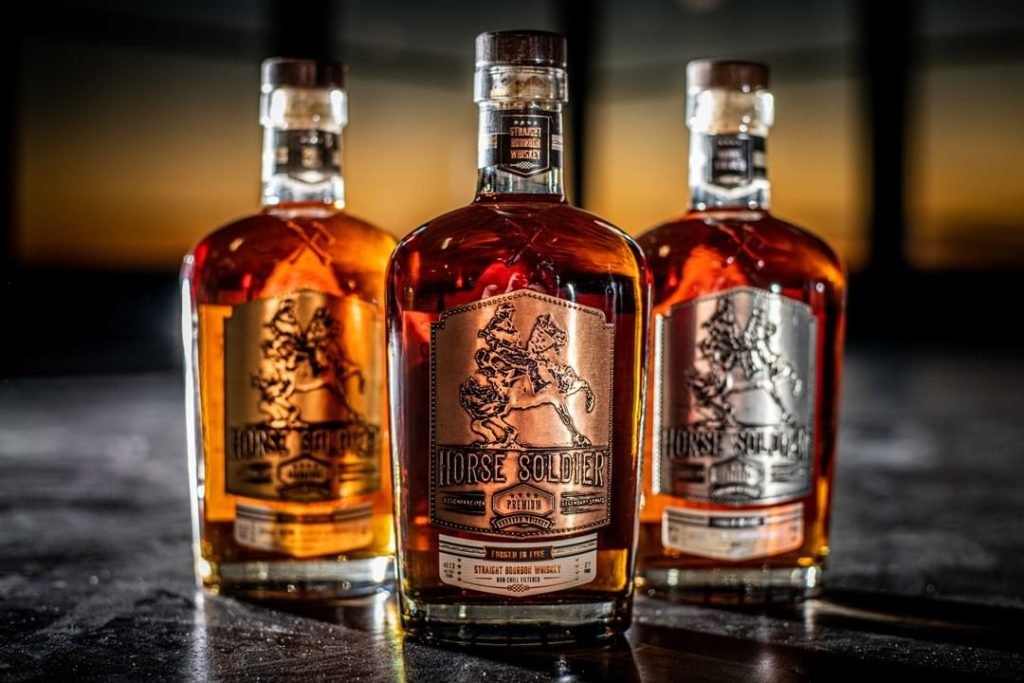
While Fox doesn’t have a crystal ball, she predicts a significant decline in green (new) business start-ups and a sort of renaissance for “serial entrepreneurs” — those people who already own companies that will pivot and start something new. There are also examples of companies that have found innovative ways to shift their business to keep employees busy while helping their local community.
Florida-based Horse Soldier Bourbon, founded by former Green Berets, is a shining example of an entrepreneur who has already demonstrated Fox’s “shift-and-pivot” response to COVID-19. This company partnered with the Tampa Bay chapter of the United States Bartenders’ Guild to hire out-of-work bartenders to host virtual happy hour appointments for quarantined customers.
On March 25, Horse Soldier Bourbon co-founder Scott Neil talked to the Tampa Bay Times about the new “virtual speakeasy” series. “The bartenders across Tampa Bay, our backyard, are not only our partners, but they are also our friends,” Neil said. “We hope this virtual speakeasy gives them not just a little cash, but also a chance to engage in what they love to do and are probably missing most right now: crafting cocktails. That’s what bourbon is all about, bringing people together. Social distancing doesn’t mean we can’t virtually come together.”
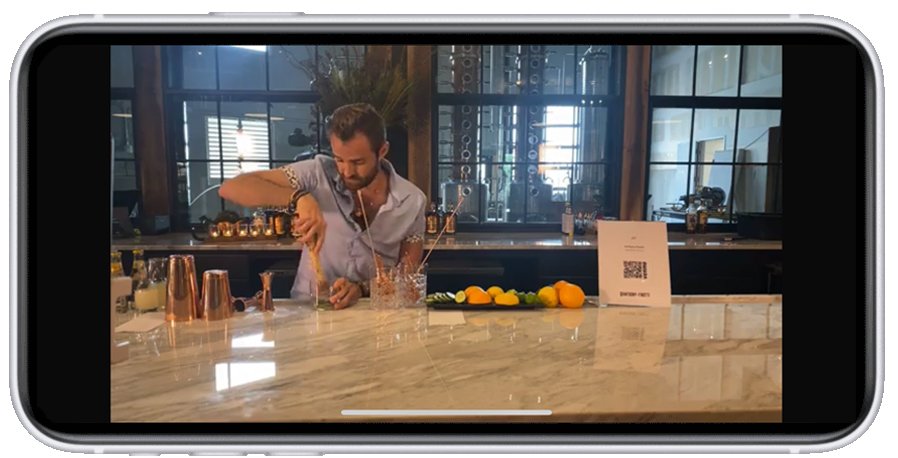
Battle Sight Technologies, located in Dayton, Ohio, is another veteran-owned firm that figured out how to turn lemons into lemonade. BST buys or licenses patents for products that can be rapidly commercialized for military personnel, first responders, and emergency management professionals. The company’s flagship product, CrayTac, is a pressure-activated infrared writing instrument that enhances communication in low- and no-light conditions, while appearing invisible to the enemy.
President and former Army NCOIC (noncommissioned officer in charge) Nick Ripplinger knew his company was inherently well-suited to respond to the crisis caused by the rapidly evolving pandemic.
“When this whole COVID thing started,” he said, “we were having some beers at the shop, trying to figure out what to do with personnel and how to keep our guys employed. We eventually realized we probably had the equipment in-house required to bottle hand sanitizer. We reached out to an amazing equipment supplier of ours, and they were able to ship us the hand sanitizer in 55 gallon drums. We got some bottles from another Ohio company in Lima. Right now we’re up to about 4,000 bottles.”
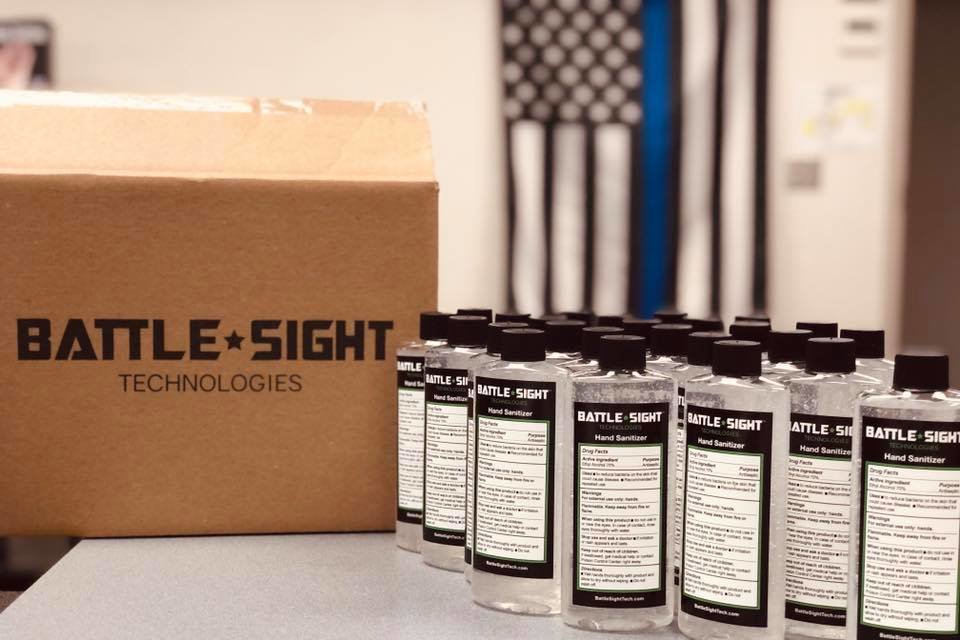
Of those bottles, BST donated approximately 2,000 to local first responders — police and fire personnel — and some to hospitals. To offset the cost, the rest of the inventory was sold to businesses, the U.S. Air Force, and the general public. Perhaps the most amazing part of the story is that the project went from concept to production in three days. Furthermore, while other retailers took advantage of the pandemic and raised the price of standard healthcare products, BST did the opposite. According to Ripplinger, the national average cost of hand sanitizer prior to COVID-19 was 46 cent per ounce — the BST product came in at just under 32 cents per ounce.
Life in the United States changed forever after 9/11 and there’s no doubt that it will change again on the other side of COVID-19 — especially for small to medium-sized businesses. In the meantime, while the economy is on life support, Misty Fox strongly believes that the companies that can find innovative ways to support their local communities will emerge with a unique advantage over the competition. Customers are going to remember the businesses that stepped up during the COVID crisis and reward them with their loyalty — and who is better suited to lead this innovation than veterans-turned-entrepreneurs?
Broughton acknowledged that even if the entire industry opens back up at 100 percent in a few weeks, it will not be business as usual. He will essentially be in startup mode again. At a minimum, the company needs several hundred thousand dollars of cash quickly to stay above water. After knocking on the doors of some people he knew were solvent prior to the downturn, Broughton found they were dealing with similar challenges, but many were willing to donate smaller amounts — $500 here or $100 there. He thought about sending out an email donation request, but a close friend challenged him to go one step further. “That’s fine, Larry,” Broughton recalled his friend saying, “but people won’t feel that. They’re just going to see one more damned COVID-19 email. You have to do a video.”
Initially, Broughton was reluctant because he didn’t think he could get through the production without becoming emotional. However, the friend convinced him that his emotion was exactly what people needed to see. After much consternation, Broughton realized that if he cared about his team as much as he said, asking for money on camera was worth the risk of embarrassment. He recorded and published the video.
It remains uncertain whether the video fundraising effort will save Broughton Hotels. To date, the company is well short of its goal. However, in addition to some generous contributions, it has elicited thousands of email messages, texts, cards, direct messages, and phone calls thanking him for having the courage to stand up for his team.
“The true glimmer of hope,” Broughton said, “is that people will be kinder and gentler on the other side of this. I think they’ll show more patience to others. I also think people and businesses will be pivoting and figuring out how to do things differently. Hopefully, by hook or by crook, we make it through until the funding from these relief programs come through. I know when I get through this there will be opportunities out there — better opportunities.”
Editor’s note: A previous version of this article included an incorrect title for Misty Fox. It has been updated to reflect that she is the director of entrepreneurship at the Institute for Veterans and Military Families.

Tim Cooper is a contributing writer for Coffee or Die and has been a freelance writer for more than 20 years. He is also a certified firearms instructor and soon-to-be-famous recording artist with Fat Chance Records. When Tim is not traveling the world on assignment, which is actually more often than not, you will probably find him at a nearby shooting range or sitting behind a drum kit, staring at his bandmates in bewilderment.
BRCC and Bad Moon Print Press team up for an exclusive, limited-edition T-shirt design!
BRCC partners with Team Room Design for an exclusive T-shirt release!
Thirty Seconds Out has partnered with BRCC for an exclusive shirt design invoking the God of Winter.
Lucas O'Hara of Grizzly Forge has teamed up with BRCC for a badass, exclusive Shirt Club T-shirt design featuring his most popular knife and tiomahawk.
Coffee or Die sits down with one of the graphic designers behind Black Rifle Coffee's signature look and vibe.
Biden will award the Medal of Honor to a Vietnam War Army helicopter pilot who risked his life to save a reconnaissance team from almost certain death.
Ever wonder how much Jack Mandaville would f*ck sh*t up if he went back in time? The American Revolution didn't even see him coming.
A nearly 200-year-old West Point time capsule that at first appeared to yield little more than dust contains hidden treasure, the US Military Academy said.












